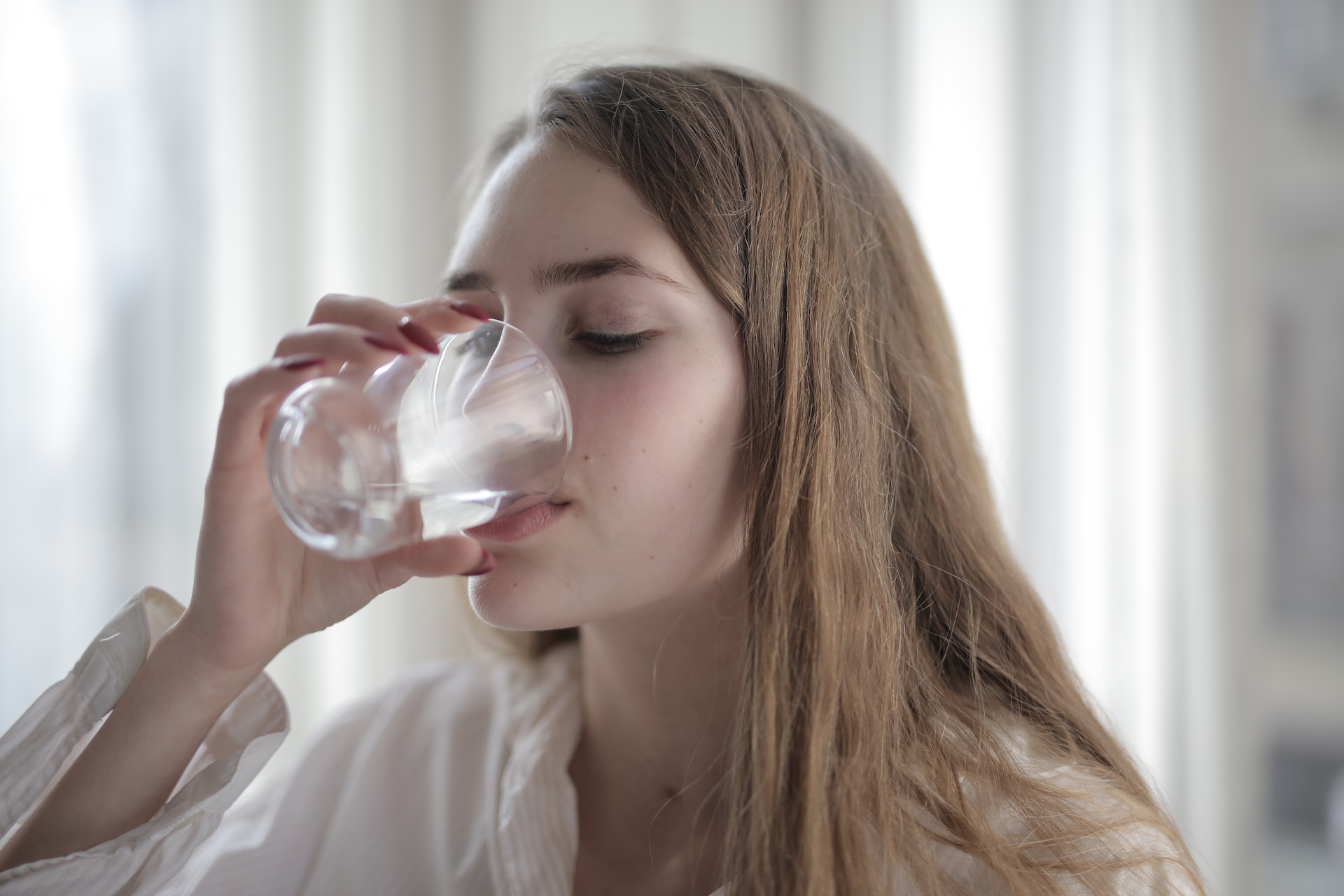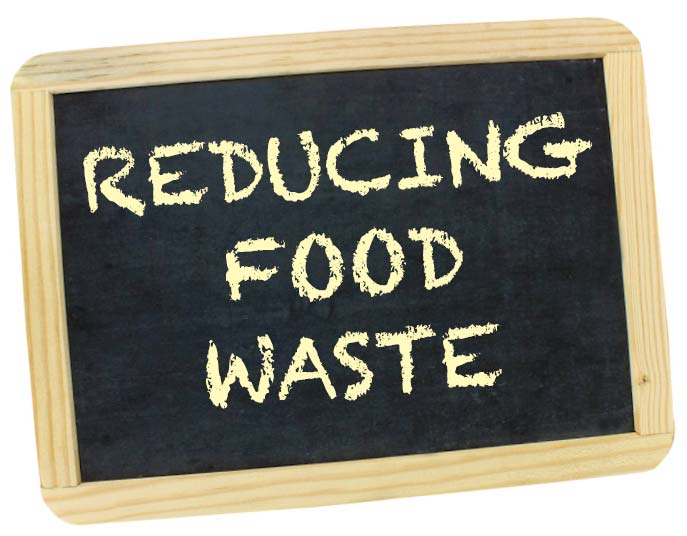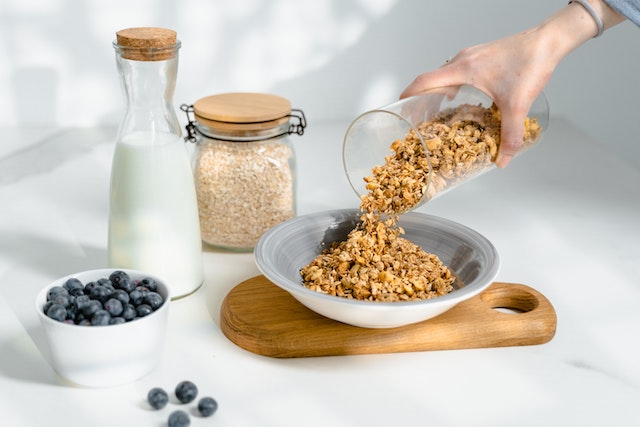Introduction:
When it comes to staying hydrated, we often hear the familiar advice from doctors and health professionals to “drink plenty of fluids.” But what does that really mean? How much should we be drinking, and why is it so crucial for our overall well-being? In this article, we dive into the science behind hydration, debunk common myths, and shed light on the doctor’s advice for maintaining optimal fluid intake.
The Importance of Hydration:
Water is essential for our bodies to function properly. It plays a vital role in digestion, circulation, temperature regulation, and the transportation of nutrients. Staying hydrated is particularly important for maintaining healthy kidneys, preventing constipation, and promoting clear skin. Proper hydration also supports cognitive function, athletic performance, and overall energy levels.
Understanding Fluid Needs:
While the “drink plenty of fluids” advice may seem vague, it serves as a general guideline for maintaining hydration. However, individual fluid needs can vary based on several factors. Age, gender, weight, physical activity level, and climate all influence our hydration requirements. For example, athletes and those who engage in strenuous physical activity may need more fluids to compensate for increased sweating and fluid loss.
Debunking the 8×8 Rule:
The popular notion of drinking eight 8-ounce glasses of water per day, known as the 8×8 rule, has been widely circulated. However, this guideline is not supported by scientific evidence and may not apply to everyone. It’s important to understand that fluid needs are highly individual and can be met through a combination of water and other hydrating beverages, as well as water-rich foods.
Monitoring Hydration:
A simple way to monitor hydration is to pay attention to thirst cues. Thirst is the body’s natural mechanism for signaling that it needs more fluids. However, it’s important to note that thirst is not always the most reliable indicator, especially in older adults who may have a diminished sense of thirst. Monitoring urine color can also provide insights into hydration levels. Clear to pale yellow urine generally indicates adequate hydration, while dark yellow urine may suggest dehydration.
Beyond Water: Hydrating Beverages and Foods:
While water is the most straightforward choice for hydration, other beverages and foods can also contribute to our fluid intake. Tea, coffee, milk, herbal infusions, and even certain fruits and vegetables contain significant amounts of water. However, it’s important to be mindful of added sugars and caffeine content in some beverages, as excessive consumption may have adverse effects. Consuming water-rich foods like watermelon, cucumbers, and soups can also contribute to our overall fluid intake.
Tailoring Fluid Intake to Individual Needs:
Individuals with certain health conditions, such as kidney disease or heart failure, may have specific fluid restrictions or requirements. It’s crucial for individuals with these conditions to work closely with their healthcare providers to determine the appropriate fluid intake for their circumstances.
Tips for Staying Hydrated:
- Carry a Water Bottle: Keep a reusable water bottle with you to serve as a reminder to drink fluids throughout the day.
- Set Reminders: If you struggle to remember to drink, set alarms or use smartphone apps to prompt you to hydrate regularly.
- Opt for Hydrating Snacks: Choose water-rich fruits and vegetables as snacks to increase your fluid intake and nourish your body at the same time.
- Drink Before and After Physical Activity: Hydrate before and after exercise or any physically demanding activities to replenish fluids lost through sweating.
- Be Mindful of Dehydration Signs: Symptoms such as dry mouth, fatigue, dizziness, and dark urine may indicate dehydration. Listen to your body and respond accordingly.
Conclusion:
Proper hydration is a cornerstone of good health, but there is no one-size-fits-all approach. Understanding your individual fluid needs, monitoring hydration cues, and incorporating a variety of hydrating beverages and foods into your diet are essential steps in maintaining optimal hydration. By staying mindful of your body’s signals and following the doctor’s advice to drink plenty of fluids, you can ensure that you stay well-hydrated and support your overall well-being. Remember, a well-hydrated body is a healthier and happier body.










